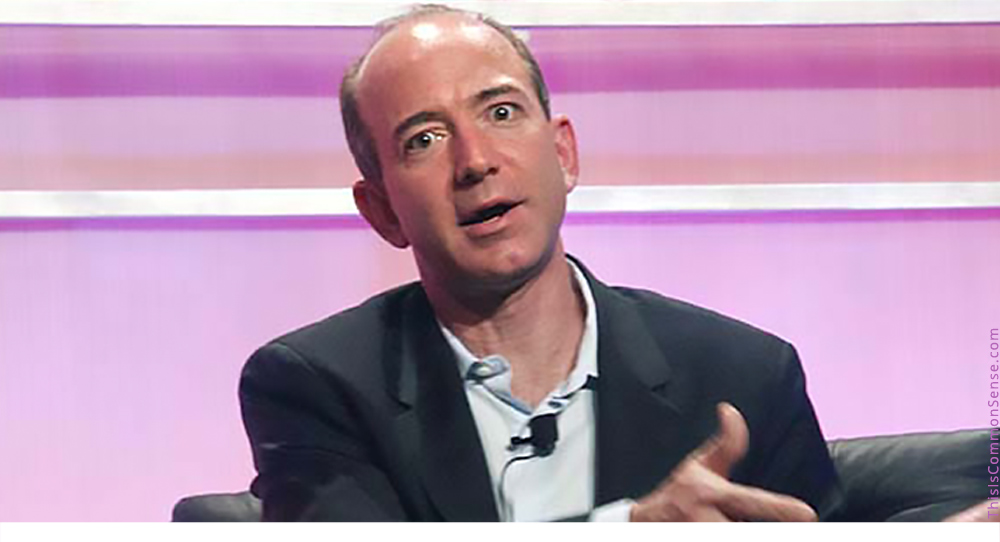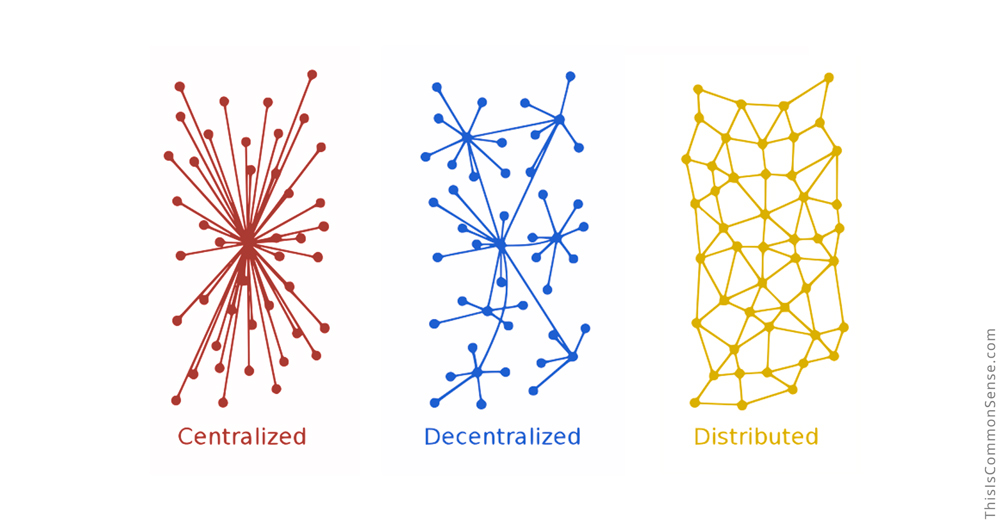To bake or not to bake, that is the question.
Actually, the question was may a state discriminate against Christians in regulating “public accommodations”? The Supreme Court has decided, in a supermajority 7-2 ruling, that the Colorado Civil Rights Commission wrongly prosecuted a Christian baker who would not make a special wedding cake for a gay couple — while the Commission shrugged when it came to bakers who wouldn’t bake Bible verse cakes.
The ruling came down along the lines I suspected in December: Equal protection. This narrow ruling focused “on what the court described as anti-religious bias on the Colorado Civil Rights Commission when it ruled against baker Jack Phillips,” Fox News informs us.
In his majority opinion, Justice Anthony Kennedy censured the “Commission’s hostility” to Phillips. And Kennedy recognized the root problem, the “difficult questions as to the proper reconciliation of at least two principles”:
- “the authority of a State and its governmental entities to protect the rights and dignity of gay persons”;
- “fundamental freedoms under the First Amendment, as applied to the States through the Fourteenth Amendment.”
Ah, discrimination. Has picking at this, like a scab, really increased comity? It sure would be easier were we to stick to freedom of association.
Wouldn’t that dredge up less animus?
States should not engage in invidious discrimination. Sure. Vital.
But businesses? Must they serve anyone and everyone? Even when it requires the baker or florist to create something custom — or the pianist to perform? Especially when customers can easily go to a competitor?
Besides, in Colorado, anti-discrimination laws were used by government to persecute Christians.
This is Common Sense. I’m Paul Jacob.











